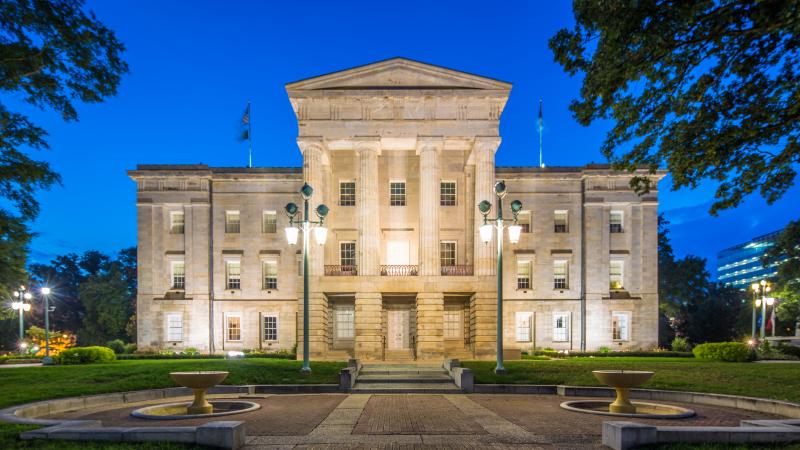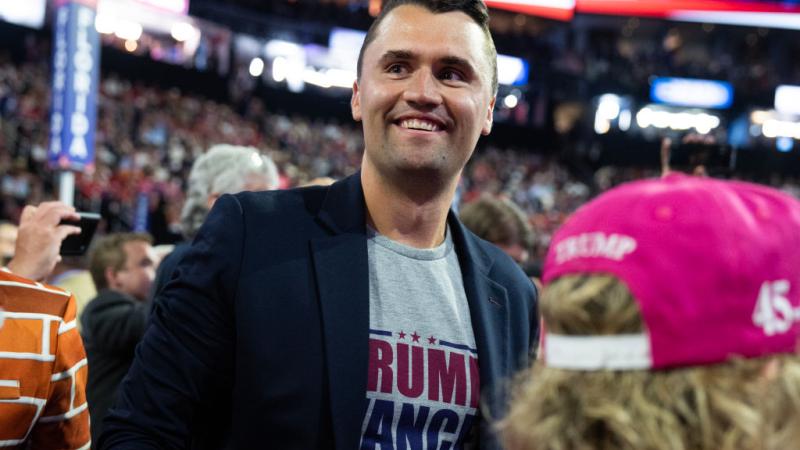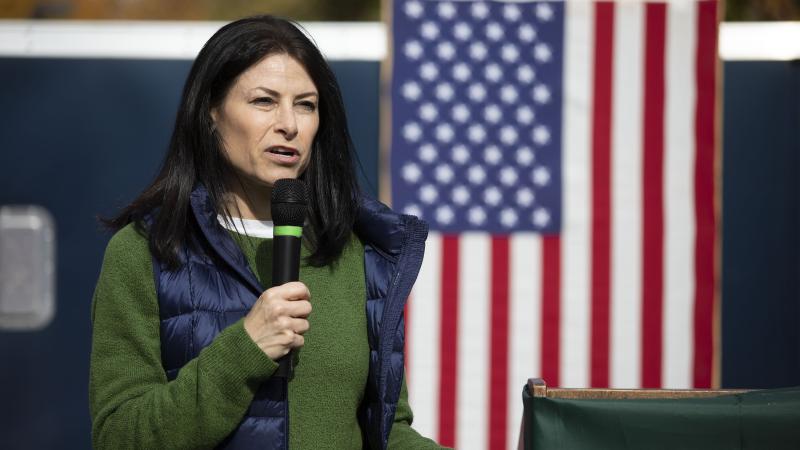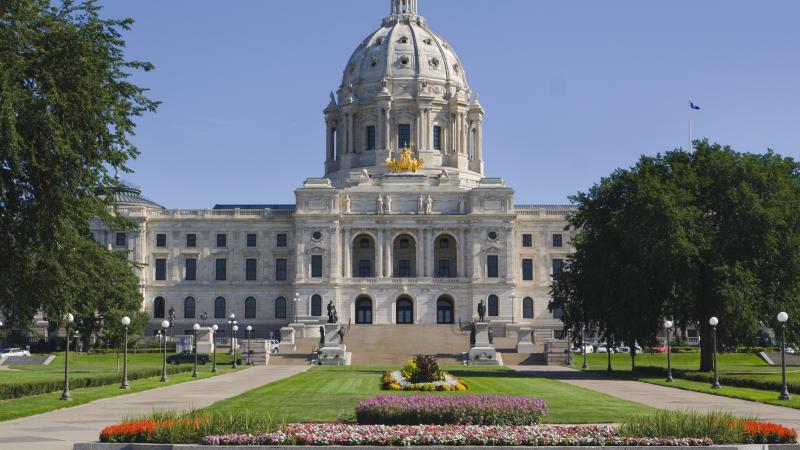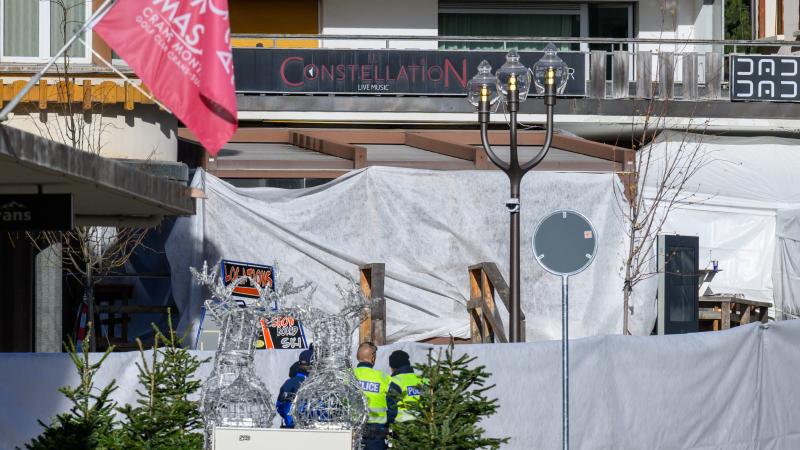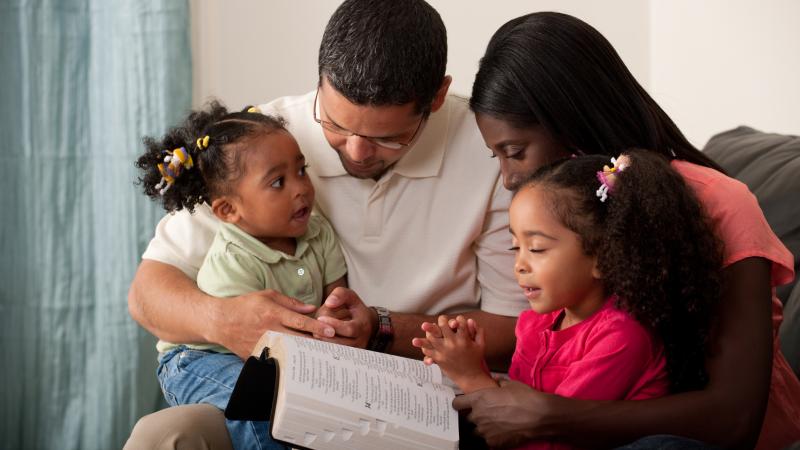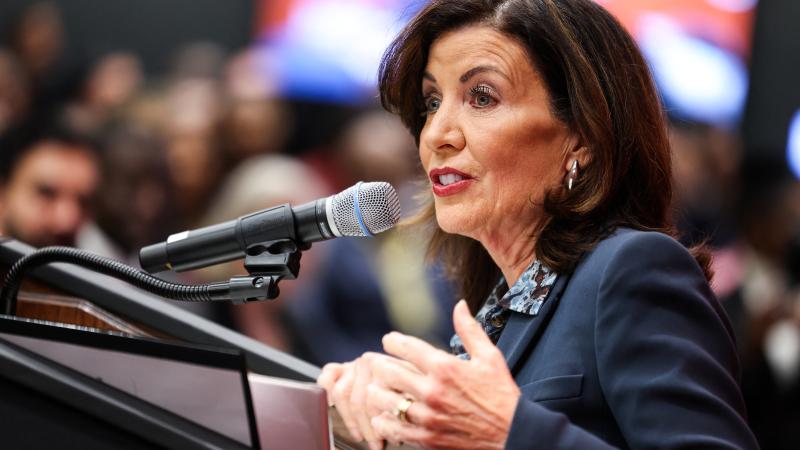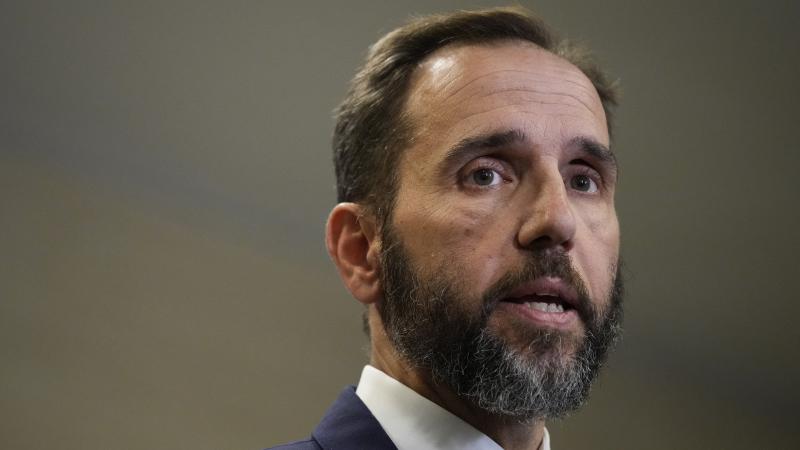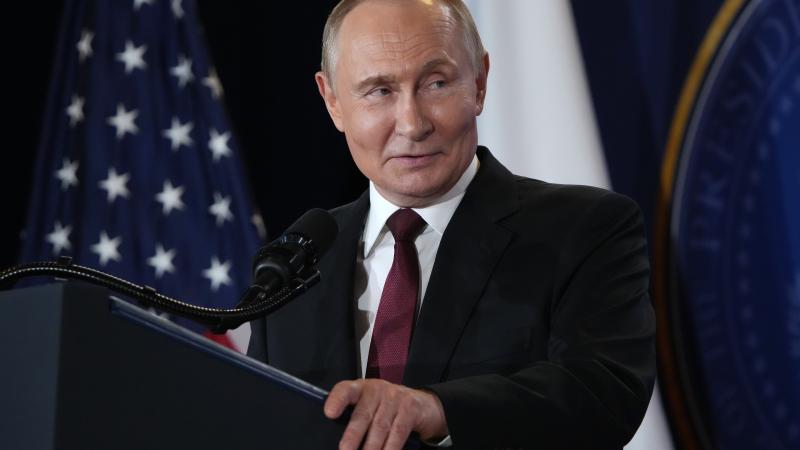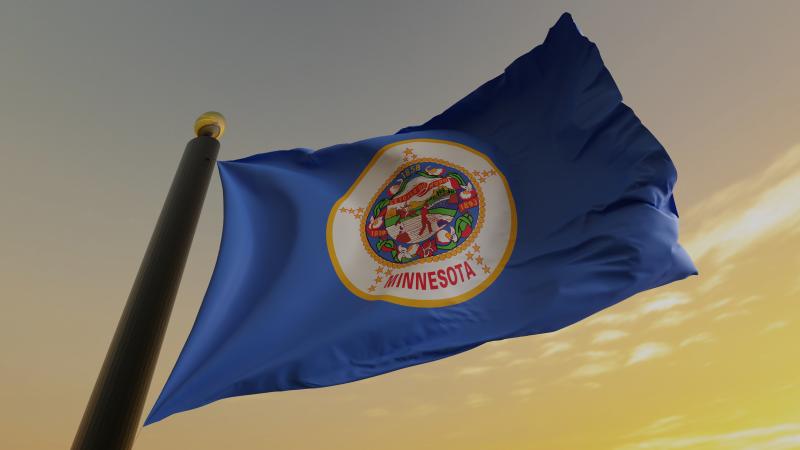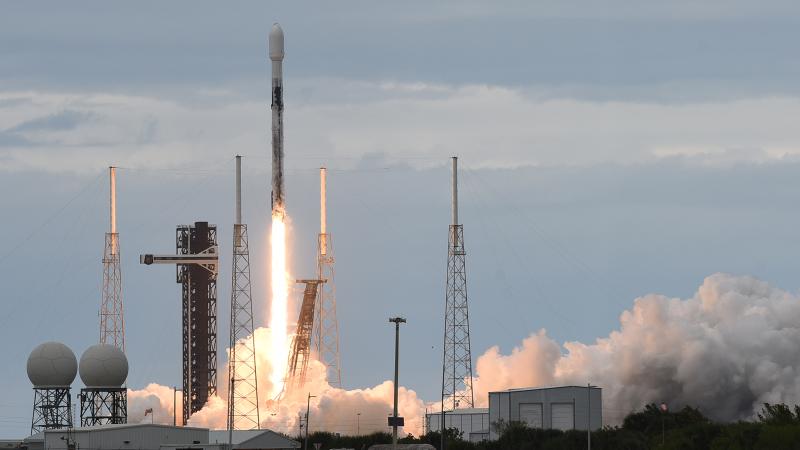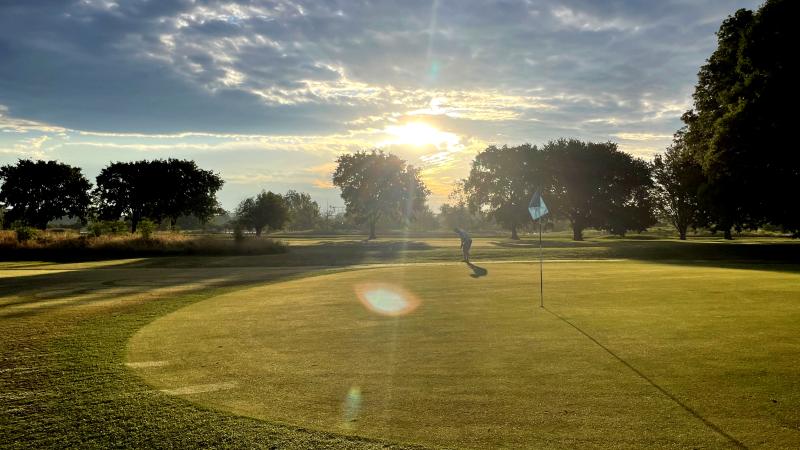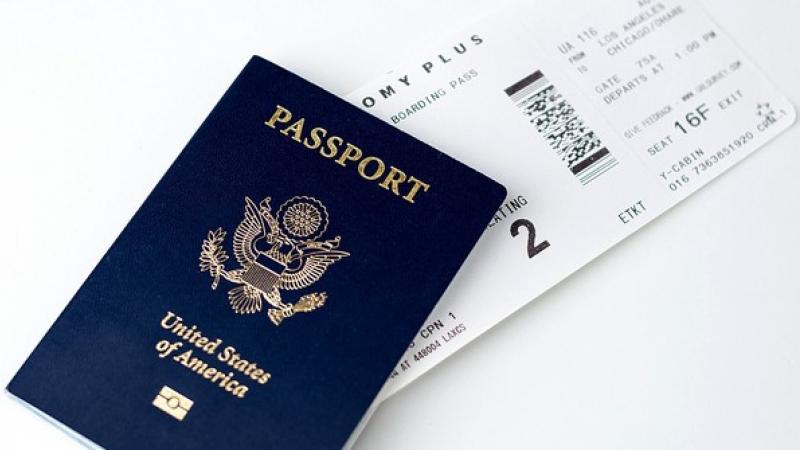Wisconsin regulators promise no 'locked doors or dark corners' on Election Day
GOP lawmakers are locked in a legal battle, trying to get state officials to answer questions about the Mark Zuckerberg-funded Center for Tech and Civic Life and its donations in 2020.
Wisconsin’s election managers are trying to get ahead of any criticism of the August primary by reminding voters that local election managers do almost all of the work on Election Day.
Wisconsin Elections Commission administrator Meagan Wolfe told reporters on Tuesday that the Commission simply supports local election clerks across the state.
“Wisconsin has the most decentralized election system in the nation,” Wolfe explained. “Each of our 1,850 municipal and 72 county clerks really do the on-the-ground work of administering elections.”
Wolfe’s Tuesday news conference is one of several she’s planning in the run-up to both the August primary and the November general election.
“The best way to combat misunderstandings about the election process is to provide the facts and to show the public opportunities for them to engage with elections,” Wolfe said. “There are no locked doors or dark corners in elections, and we want members of the public to get involved.”
Wolfe and the Elections Commission continue to deal with questions about the 2020 president vote.
Republicans lawmakers are locked in a legal battle, trying to get Wolfe and some of the state’s election commissioners to answer questions about the Mark Zuckerberg-funded Center for Tech and Civic Life, as well as questions about absentee voting, voting in nursing homes, and indefinitely confined voting.
This week is the beginning of the Fall 2022 election season. Absentee ballots are due to be in the mail by Thursday. Voters who want to vote in the August primary must establish their residency by July 12, and July 20 is the last day to register online or by for the August primary. Anytime after that, voters will have to register in-person. They can do that up until Election Day at the polls.
Voters will decide the Republican or Democrats candidates for governor and the other statewide state offices, as well as U.S. Senate and congresspeople. Some statehouse races are also on the primary ballot.

